Explore Financial Literacy Resources
CPA Canada also has helpful publications and tools to help strengthen your financial capability:
- Financial Literacy Podcasts: Mastering Money – Listen to our financial educators talk about key issues, trends, and tips as they relate to financial education.
- Financial Literacy Publications – Read CPA Canada’s innovative financial literacy publications for in-depth knowledge on improving financial health.

Personal Finance
The difference between practice and habit and why we need both
By Eric Termuende
Jul 24, 2025

Personal Finance
5 of the most common money mistakes (and how to fix them)
By Nelson Soh
Jun 17, 2025

Personal Finance
What to Do When the CRA Is Auditing You: 7 Steps for Individuals and Businesses
By Ellen Tran
May 7, 2025

Personal Finance
Savings Hacks: 7 Practical Ways to Grow Your Money
By Gabrielle Chung
Apr 8, 2025

Personal Finance
Navigating common-law tax filing: Tips for Canadian couples
By DMCL Chartered Professional Accountants
Feb 6, 2025

Personal Finance
Travel smart: 10 budget tips from a CPA
By Nelson Soh
Jan 30, 2025

Personal Finance
2024 tax tips: Navigating proposed capital gains and losses changes
By Bilal Kathrada
Dec 11, 2024

Personal Finance
Why you should teach kids about budgeting when they’re young
By Denise Deveau
Nov 6, 2024

Personal Finance
The budgeting apps you need to try in 2025
By Nelson Soh
Nov 5, 2024

Personal Finance
Transform your finances: Create a vision board for financial success
By Nelson Soh
Oct 16, 2024

Personal Finance
How to maximize your child’s education fund with RESPs
By Shane Schepens
Sep 18, 2024

Personal Finance
Investing basics: What is risk tolerance?
By Nelson Soh
Aug 1, 2024

Personal Finance
Investing basics: How to get started
By Nelson Soh
Aug 1, 2024
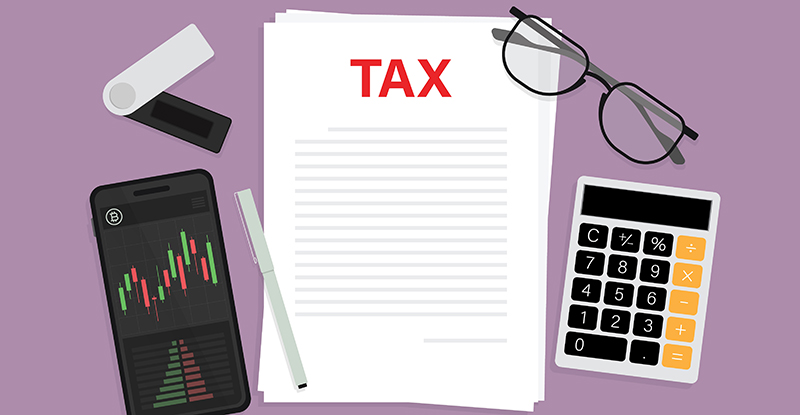
Personal Finance
How to tackle the tax implications of cryptocurrency
By John Oakey
Apr 29, 2024

Personal Finance
4 CRA-related scams to stay vigilant about this tax season
By Jeff Buckstein
Apr 16, 2024

Personal Finance
RRSPs and TFSAs - Making your money work for you
By Tami Zaranski
Feb 5, 2024

Personal Finance
Top-ranked budgeting apps for Canadians in 2024
By Vince Kanasoot
Jan 26, 2024
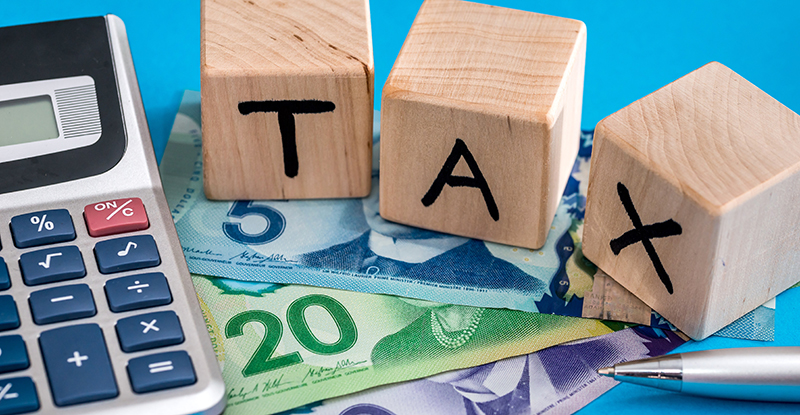
Personal Finance
Unlocking wealth: Strategies for effective personal income tax planning
By Angela Kaiser
Jan 10, 2024

Personal Finance
Will capital gains or losses affect your 2023 income tax filing? What you need to know
By Bilal Kathrada
Dec 14, 2023

Personal Finance
Celebrating a decade of CPA financial literacy education
By CPABC
Nov 30, 2023

Personal Finance
Five things you can do to optimize your financial health
By Nelson Soh
Nov 10, 2023

Personal Finance
Assessing the Disability Tax Credit: A guide for individuals with learning disabilities and their ca
By Stefanie Ricchio
Oct 5, 2023

Personal Finance
The tax consequences of leaving Canada permanently
By Mathieu de Lajartre
Sep 12, 2023

Personal Finance
Here are the essential things you need to know before retiring
By Marino Greco
Apr 26, 2023

Personal Finance
Why are young Canadians experiencing online fraud the most?
By Vince Kanasoot
Mar 17, 2023

Personal Finance
Owning Canadian residential real estate - recent federal and BC developments
By Janice Hutchison and Aurash Yazdgerdian
Mar 14, 2023

Personal Finance
Are you up to speed on the latest personal income tax changes?
By Denise Deveau
Feb 9, 2023
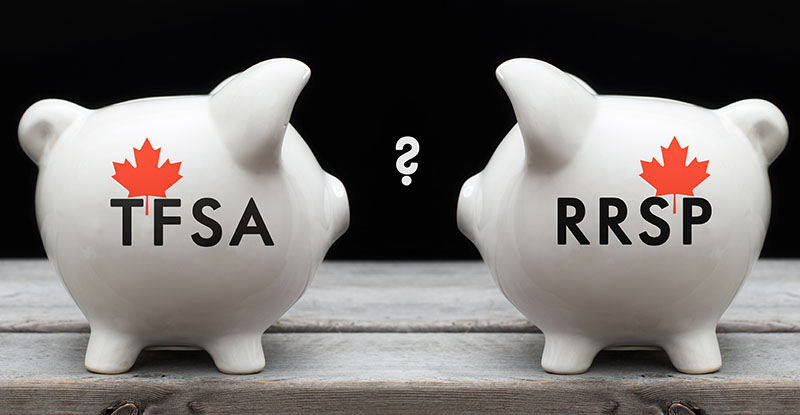
Personal Finance
RRSP and TFSA: 4 things every Canadian should know about in 2023
By Jeff Brown
Feb 2, 2023

Personal Finance
5 tips to help you prepare your income taxes effectively in 2023
By Melanie Schroeder
Feb 1, 2023
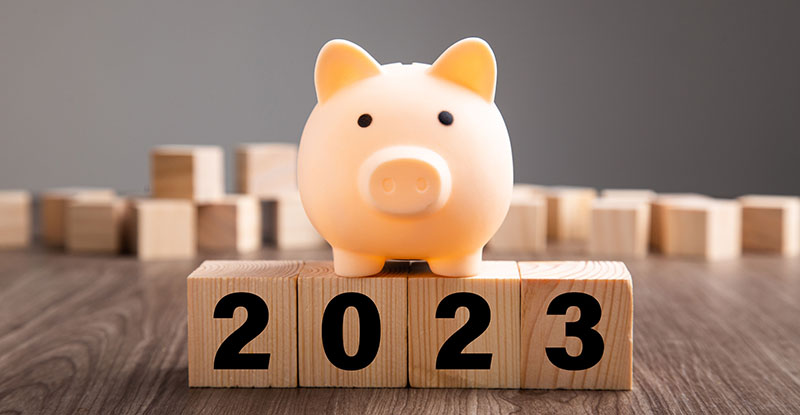
Personal Finance
What you need to know to manage your personal finances
By Vivian Tse
Jan 23, 2023

Personal Finance
Will capital gains or losses affect your 2022 income tax filing? What you need to know
By Bilal Kathrada
Dec 8, 2022

Personal Finance
Tax-Free First Home Savings Account and other considerations for first-time homebuyers
By Vivian Tse
Nov 4, 2022

Personal Finance
Teaching money management to kids in a cashless society
By Denise Deveau
Oct 28, 2022

Personal Finance
The 4 main reasons why you should care about financial ratios
By Ron McGregor
Sep 30, 2022

Personal Finance
Conquer your back to school spending with these four tips
By Nelson Soh
Aug 31, 2022

Personal Finance
A guide on assessing the Disability Tax Credit
By Stefanie Ricchio
Aug 4, 2022

Personal Finance
Alter ego and joint spousal trusts: requirements, benefits, and drawbacks
By Bilal Kathrada
Jul 18, 2022

Personal Finance
How inflation is affecting your finances in 2022
By Andrew Smith
Jun 2, 2022

Personal Finance
Giving the gift of life insurance to charity
By Farzin Remtulla
May 25, 2022

Personal Finance
Building an investment portfolio to match life goals
By Kurt Rosentreter
Apr 29, 2022

Personal Finance
Crush fraud: Identify, protect yourself, and report it
By Vince Kanasoot
Mar 17, 2022

Personal Finance
How does COVID-19 affect your 2021 personal income tax filing?
By Shane Schepens
Feb 17, 2022

Personal Finance
CryptoRom: The Tinder match you don’t want
By Vince Kanasoot
Feb 11, 2022
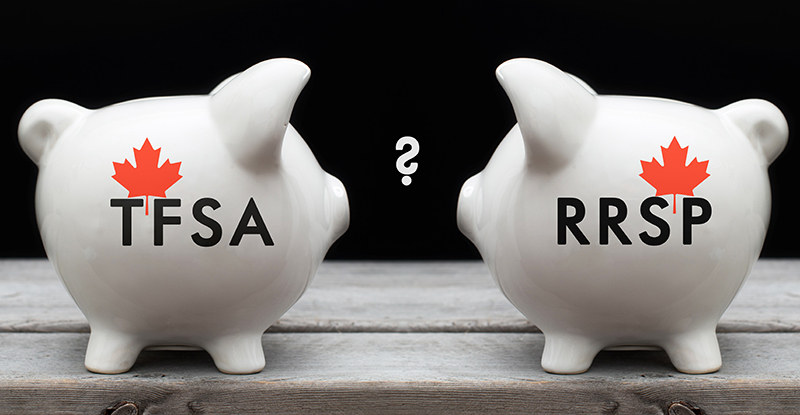
Personal Finance
RRSP and TFSA: 4 things every Canadian should know about
By Jeff Brown
Jan 27, 2022

Personal Finance
Six financial tips to prepare you for 2022
By Vivian Tse
Dec 7, 2021

Personal Finance
The 5 most important tax slips you need to know about for tax season
By Aaron Aerts
Dec 2, 2021

Personal Finance
How emotions can impact our financial decisions
By Chris Wyman
Nov 23, 2021

Personal Finance
Busting 7 common money myths
By Nelson Soh
Nov 4, 2021

Personal Finance
Saving for retirement: Top tips for young people
By Leah Giesbrecht
Nov 3, 2021

Personal Finance
Millennials, Gen X, and Boomers: How your generation can save for retirement
By Bryan Sommer
Nov 2, 2021

Personal Finance
Declaring revenue: Is it a hobby or a business?
By Lawrence Tam
Sep 22, 2021

Personal Finance
Saving strategies for Generation X
By Bryan Sommer
Sep 16, 2021

Personal Finance
5 tips on how to conquer personal debt
By Andrew Smith
Aug 11, 2021

Personal Finance
Budgeting: The journey out of debt
By Andrew Smith
Jul 8, 2021

Personal Finance
How investing while young can lead to big returns
By Doug Allan
Mar 17, 2021
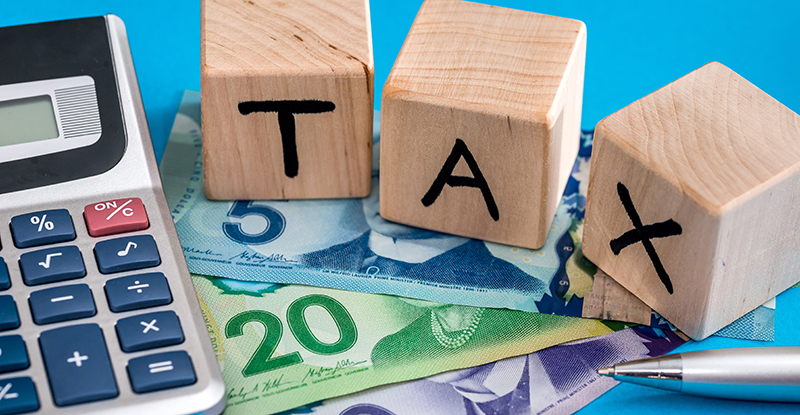
Personal Finance
How does COVID-19 affect your 2020 personal income tax filing?
By Shane Schepens
Mar 1, 2021

Personal Finance
The three common types of investments Canadians should know about
By Jeff Brown
Feb 8, 2021

Personal Finance
5 tips to help you prepare your income taxes effectively
By Melanie Schroeder
Jan 28, 2021

Personal Finance
What you need to know about home office tax deductions
By Dan Roberts and Inderpal Grewal
Jan 20, 2021

Personal Finance
Planning successfully for retirement: CPA Financial Literacy volunteers share top tips
By Leah Giesbrecht
Nov 23, 2020
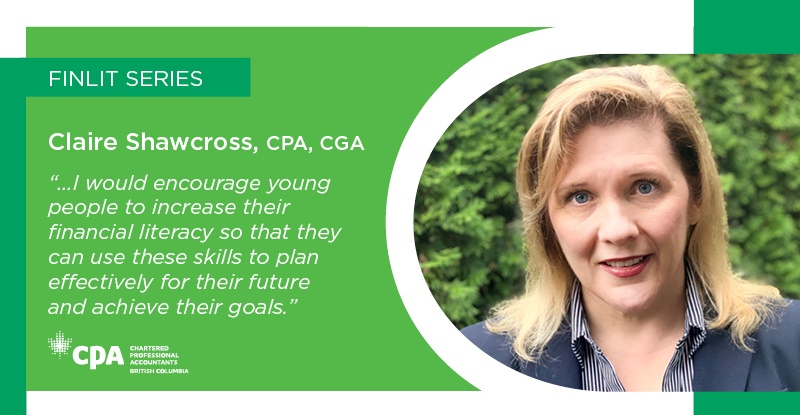
Personal Finance
Demystifying debt: CPA FinLit volunteer helps young people understand how to leverage debt to their
By Leah Giesbrecht
Nov 18, 2020

Personal Finance
Small steps have a big impact: Volunteer helps high school students improve financial literacy
Nov 5, 2020
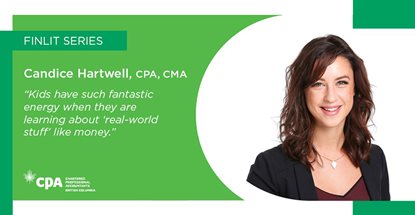
Personal Finance
Helping kids get financially smart for life: Volunteer stokes passion for real-world skills
By Leah Giesbrecht
Nov 2, 2020

Personal Finance
What stays the same this school year? The importance of investing in RESPs
By Shane Schepens
Sep 30, 2020

Personal Finance
An overview of credits and benefits for persons with disabilities
By Stefanie Ricchio
Sep 23, 2020

Personal Finance
Planning during COVID-19
By Bryan Sommer
Aug 10, 2020
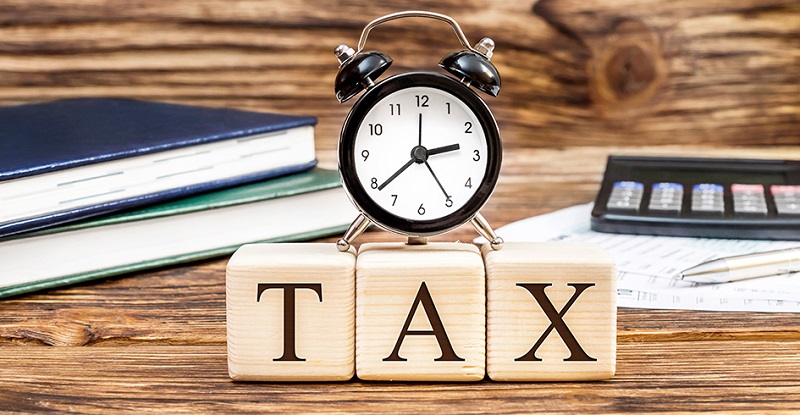
Personal Finance
Plan ahead to pay tax on the CERB
By Shane Schepens
Jul 23, 2020

Personal Finance
Family trusts: Recent changes and continued benefits
By Bilal Kathrada
Jun 3, 2020

Personal Finance
Tips to manage through a volatile market
By Bryan Sommer
Apr 5, 2020
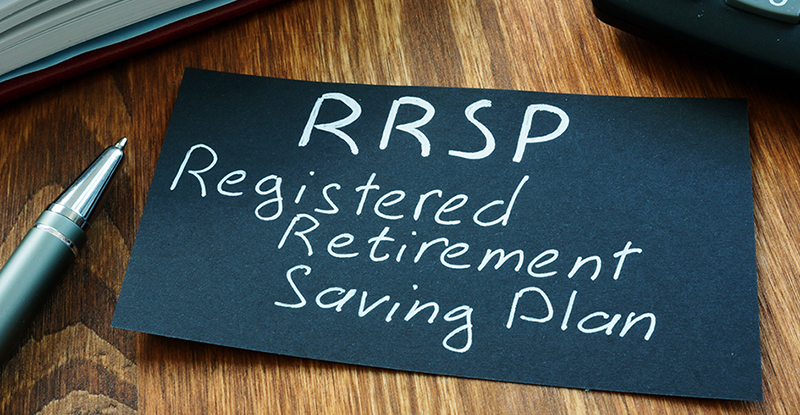
Personal Finance
Time is running out to put money in your RRSP for 2019
By CPABC Taxation Forum
Feb 14, 2020

Personal Finance
Could you benefit from a readvanceable mortgage? Here’s what you should know
By Bilal Kathrada and Robinson Smith
Feb 3, 2020

Personal Finance
RESP 101: What’s the difference between the 3 types of RESPs?
By Shane Schepens
Dec 20, 2019

Personal Finance
Capital gains 101: How to calculate transactions in foreign currency
By Bilal Kathrada
Dec 19, 2019

Personal Finance
Savings strategies for baby boomers
By Bryan Sommer
Nov 12, 2019

Personal Finance
What would I tell my younger self? CPAs share their personal finance tips
By Vince Kanasoot
Nov 7, 2019

Personal Finance
6 apps that’ll help keep track of your personal finances
By Mathieu de Lajartre
Oct 7, 2019

Personal Finance
Saving strategies for millennials: The earlier the better
By Bryan Sommer
Mar 31, 2019

Personal Finance
From candy to Bugattis - How to help kids embrace money matters
By Bryan Sommer
Nov 19, 2018

Personal Finance
Plan in advance: Leave a lasting legacy
By Bryan Sommer
Sep 12, 2018

Personal Finance
Assess and address - How to transition your business before retiring
By Bryan Sommer
Jul 30, 2018

Personal Finance
Finding YOUR retirement investing strategy
By Bryan Sommer
May 7, 2018

Personal Finance
Six things to remember when filing small business tax returns
By Bilal Kathrada
Apr 30, 2018

Personal Finance
Cryptocurrencies: Are they taxable?
By Bilal Kathrada
Mar 19, 2018

Personal Finance
Retiring? Evaluate these five investment risks first
By Bryan Sommer
Feb 21, 2018

Personal Finance
Maximize your TFSA savings
By Justin Lee
Feb 14, 2018
Questions?
For further information, contact our Financial Literacy team at finlit@bccpa.ca | 604-484-7006
Explore Financial Literacy Resources
Explore Financial Literacy Resources
